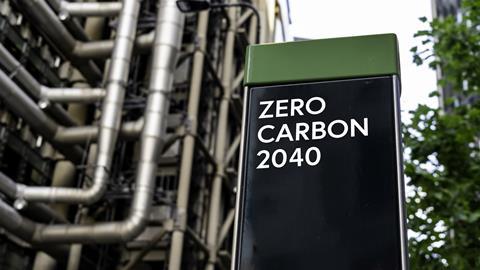
Bakery manufacturers Bakkavor and Baker & Baker have outlined the year 2040 for achieving net zero across their operations.
Meanwhile, ingredient supplier Ferrero also revealed it was on track to meet its key sustainability objectives.
Here, we take a look at the recent sustainability highlights and goals for each company:
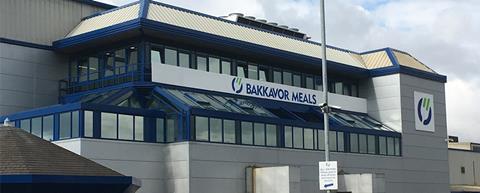
Bakkavor
Sizeable reductions in carbon emissions and food waste during 2022 were declared by Bakkavor, which supplies bread, pizza, and desserts as part of its range of fresh prepared food products to customers in the UK, the US and China.
Supported by investment in refrigeration upgrades and energy initiatives, Bakkavor’s net carbon emissions in the UK were said to be down 15.3% last year compared to 2021 levels. The introduction of a quarterly group carbon footprint analysis also helped the business improve the measurement and reporting of its carbon footprint.
A dedicated taskforce did the same for food waste, as well as helping to identify root causes and pinpoint opportunities for recycling. Bakkavor reported that food waste levels across its group were down 15.8% year-on-year and were on course to halve by 2030. It also increased redistribution of surplus food by almost 10% during 2022, with the equivalent of 360,000 meals going to various charities.
Additionally, Bakkavor said it has strengthened its commitment to ensure zero net deforestation and conversion-free sourcing by 2025 for the high-risk raw materials it uses, such as palm oil, soy, and carton board-based packaging. Other sustainability high points from 2022 included removing 2,429 tonnes of plastic from its UK business (a 12% reduction in total volume) and increasing its number of vegetarian and healthy options.
“We are proud of the progress we have made in 2022, particularly against the industry-wide headwinds our business faced last year,” said Caroline Carson, head of Group ESG strategy at Bakkavor.
“While 2023 presents its own challenges, we are confident that our ESG agenda strengthens and compliments Bakkavor’s business strategy, helping the company to fulfil its purpose and grow in a positive and sustainable way.”
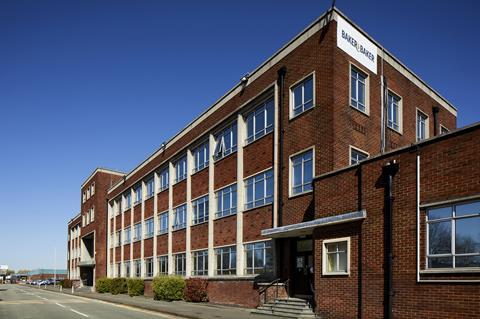
Baker & Baker
Sweet treats manufacturer Baker & Baker has doubled down on its commitment to tackling greenhouse gas emissions. As well as its 2040 net zero ambitions, the business set interim targets of 42% and 27% reductions in industrial and agricultural emissions, respectively, by 2030.
By undertaking a detailed carbon footprint exercise for its group activities in the UK and Europe, it has defined its baseline carbon emissions for the year 2021, against which it is currently mapping progress to calculate 2022 emissions.
The manufacturer claimed that more than 95% of its total emissions were attributable to its ingredients portfolio and thus fell within scope 3 emissions, ie. from indirect activities. It added that a long-term challenge was how to effectively decarbonise its ingredients supply chain.
Baker & Baker will also be validating its net zero target with the Science Based Targets initiative (SBTi) later this year, ensuring that its net zero roadmap is credible whilst aligning with industry best practice and climate science.
“Setting a net zero target is a significant milestone for Baker & Baker,” said CEO John Lindsay. “Our net zero target of 2040 is line with many of our customers’ commitments as well as the Food & Drink Federation (FDF), and demonstrates our ambition to decarbonise our business operations whilst contributing positively towards tackling the climate emergency.”
Earlier this year, Baker & Baker announced a partnership with Fareshare to collect surplus stock and ingredients from its four production sites for redistribution across a national network of charities.

Ferrero
Steps in sustainability taken during the 2021/22 financial year were documented in the Ferrero Group’s 14th Sustainability Report, focussing on four key pillars: protecting the environment, sustainable sourcing, promoting responsible consumption, and empowering people.
Key figures from the report include:
- 96% of cocoa supply volume traceable back to farm level
- 82% of cocoa sourced from dedicated farmer groups
- 79% overall traceability across all sourced hazelnuts, despite systemic supply-chain complexities
- 32% of cocoa farmers benefitting from one-to-one coaching, and 155,000 farmers taking part in group training
- 92% of the company’s global electricity now coming from renewables – up from 84% last year
- 100% of palm oil is RSPO certified
- 170,000 farmers now enlisted in the Ferrero Cocoa Program, with 95% of their farms being polygon mapped with GPS.
In addition, the company’s first Human Rights Report was published at the end of 2021, framed around 10 of the most salient human rights issues across all value chains. It also showed how Ferrero is working to address these issues.
“Across each of the four key pillars of our sustainability framework, the report shows we have made strong progress towards the objectives we have set ourselves,” said Lapo Civiletti, chief executive officer of the Ferrero Group. “Despite a challenging economic and geopolitical environment, the Group increased investments to continue to ensure high levels of quality, freshness and safety across all our products, while reducing our environmental impact.”
While Ferrero was coming out with the 14th edition of its annual sustainability report, fellow ingredients supplier Dawn Foods released its inaugural overview of corporate social responsibilty activites and ambitions. Aberdeenshire-based ingredients manufacturer Macphie, meanwhile, revealed it had made major moves towards its own ESG targets.



















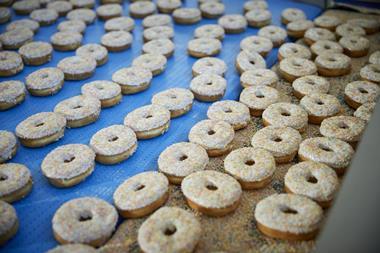
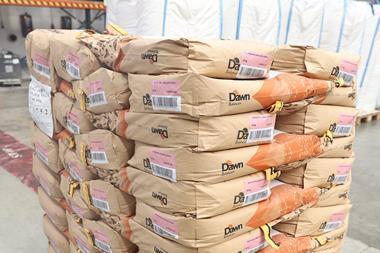
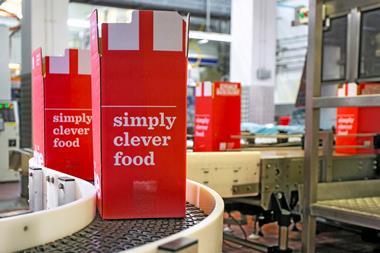
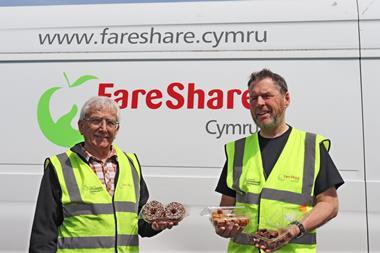
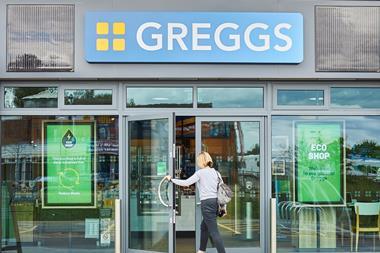
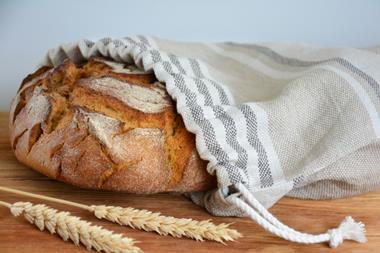


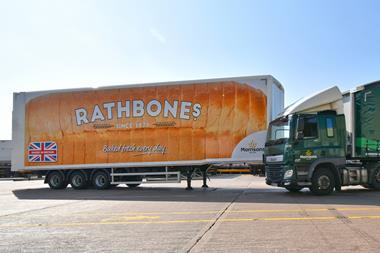

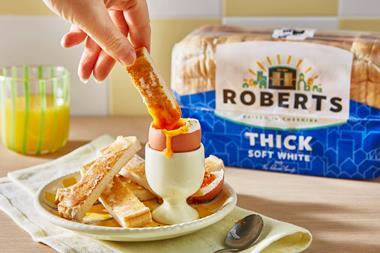
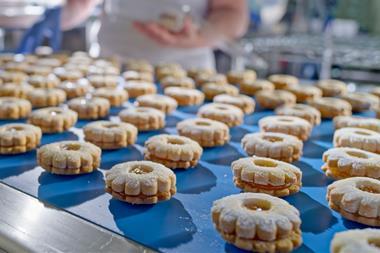

No comments yet